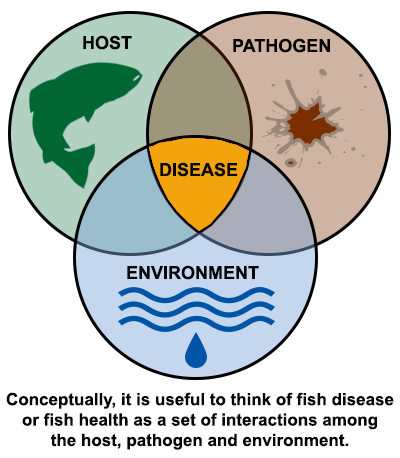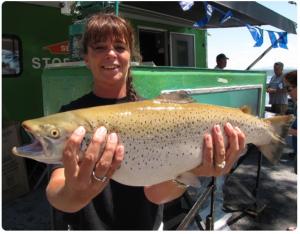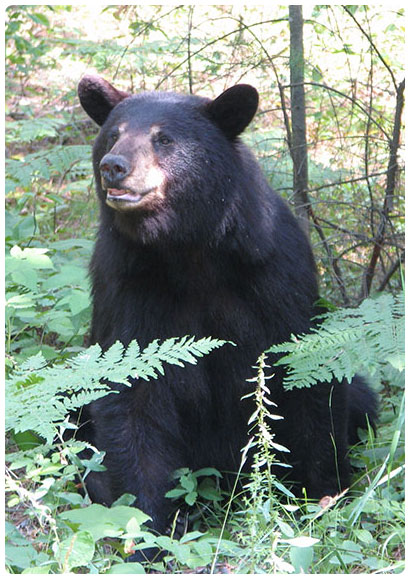Wildlife Action Plan FAQs
Check out these FAQs to learn more about a Wildlife Action Plan
What does Congress require in a Wildlife Action Plan?
Fish Health Program
Vermont's Fish Health program helps protect wild fish populations and fish reared at fish culture stations by preventing and managing serious fish diseases.

The program is responsible for:
Fishing Tournaments FAQs

Whether you’re organizing a fishing tournament or want to find one, here are the answers to many of the questions asked about fishing tournaments.
Viral Hemorrhagic Septicemia FAQs
Viral Hemorrhagic Septicemia (VHS) is a deadly fish virus, first discovered in the Great Lakes. Vermont has adopted regulations to prevent the introduction of VHS to our waters.
Using Baitfish FAQs
Have questions about using baitfish? Check the FAQs below for answers to the most common inquiries.
Fishing Access Areas

The Vermont Fish & Wildlife Department maintains more than 190 developed fishing access areas, providing public access for shore fishing opportunities and launching of water craft.
License Buying FAQs
On this page: General License Information | Online License Sales
General License Information
Are there any special qualifications for purchasing a hunting, fishing, or trapping license in Vermont?
Lyme Disease
What Is Lyme Disease?
Lyme disease is a bacterial infection that features a skin rash, swollen joints and flu-like symptoms. The number of reported cases in Vermont has steadily increased since 2005. Lyme disease cases have been reported from every county, although most cases occur in the southern and western regions of the state.
Living with Black Bears FAQs
Here are the answers to how to safely live with bears and help keep Vermont’s bears wild.
If You Encounter a Bear

Seeing a black bear can be an exciting, and for some people, a nerve-wracking event.
These recommendations are meant to be general and cover the basic types of human-bear interactions that can occur. Encounters vary greatly, and all situations are different.
